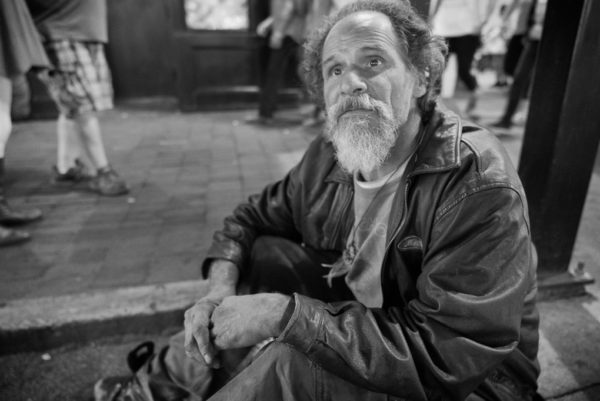
photo courtesy of smalltownbigworld.com
Isn’t it interesting how we are taught as little children not to talk to strangers and as adults we want to feel more connected to others? Our conditioning early on to withhold our curiosity or compassion until it is properly guided and cultivated could also lead to less connecting later on. There is a fine line between too much and not enough. Examples of communication you witnessed as a youngster will certainly help affect how you feel about communication as an adult.
Sadly, our conditioning has made many people feel afraid to reach out to others. They don’t want to be inconvenienced or get stuck in a less-than-desirable situation that will make them bored or bothered. The good news is you can develop the skills to communicate with others and still be true to yourself. Experience—a little at a time—helps to build your confidence, which in turn allows you to trust your instincts. Yes, sometimes you have to get out of your comfort zone to create change. Nothing changes until you do. The results are worth it. You continue to reinforce your values (what is important to you), you build your talking and listening skills and increase your knowledge.
I was recently traveling and had a layover in the airport. I got a tasty snack and scoped out a place to sit, as it was crowded. I was just grateful to have a seat. I like my own company so I don’t worry much about talking or not talking to others in these times. As it turns out, the gentleman beside me, also solo, made a remark about the food we were eating. That acknowledgement turned into a longer conversation. You can tell pretty quickly if it will be interesting or if it will fizzle and you go back to enjoying your own company.
I love learning about people, their thoughts, their experiences, their interests. What moves people is fascinating to me. As a service and care provider, this information assists me in shaping empathy, support and understanding of others. It also serves as a reminder of what is important to me, how I spend my time and who I spend it with.
To feel and be felt. Really connecting with people isn’t easy. — Ze Frank
This particular day I learned about a company that has over 300 locations in the U.S., and how it started with just two guys who had an idea. They created a business model that works and is successful. This man has spent the last 35 years serving this company in various roles. He is now semi-retired but does consulting work for them. He gets to travel. He has been married for 21 years. This was his second marriage, but he knew her for 35 years, as they had been working together. She didn’t like him early on, as he was an alcoholic—a “functioning alcoholic,” he says. His first marriage ended. He cleaned up his act and stopped drinking. He has children and grandchildren and two dogs. The dogs travel with him and his wife. They have a motor home and take vacations for a couple weeks at a time, getting to see the country and do cool things.
The point of this is seeing the common thread of life and experiences. Everyone has problems, challenges and happiness. The degree of these is different at various times in our lives. If we never talked to others we would not know what commonality exists or how we can feel better about the good in our lives, or how we can be encouraging to another in times of change or difficulty. We see that we are not alone, and we can see where our strengths are.
It is also important to have our lives witnessed by others, to feel validated and important. Also equally important to me is letting others know they matter, that they are valued, and to help foster that inner child that just wants to explore, know more and to feel reassured. The adults are simply more experienced versions of the child that still exists within, the innocent enthusiasm for learning and connecting to others, in order to feel connected ourselves. So, start talking and listening (sometimes even to strangers) and get to know yourself even more.
In order for connection to happen, we have to allow ourselves to be seen, really seen. — Brené Brown













